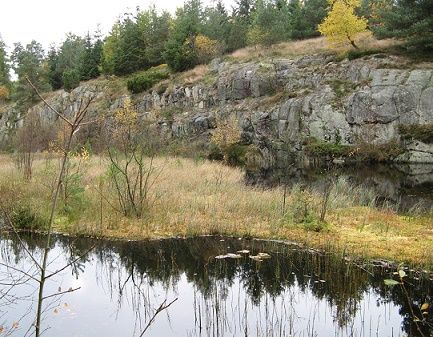The government parties together with Dansk Folkeparti want to add 30,000 hectares of Denmark to the conservation scheme known as Natura 2000.
That is an area slightly bigger than Langeland and the single largest amount of land added since 2004.
READ ALSO: Government splashes out for better nature
More specifically, the areas under consideration include the Paradisebakkerne hills on Bornholm, the woods near the cliffs at Møn where rare orchids bloom and areas of the Kongens Mose marsh at Løgum Kloster, which is one of the closest there is to jungle in Denmark.
A fair exchange
The Natura 2000 scheme has come under fire for protecting areas that were more or less agricultural land or residential areas, so the new initiative will return 30,000 hectares of that land to normal use.
“With the new areas, we will lift Natura 2000 restrictions from places that should never have had the designation to begin with,” said Pia Adelsten, Dansk Folkeparti’s environmental spokesperson.
“In this way, a number of farmers will once again be allowed to cultivate their land under the same conditions as their colleagues and we will avoid a lot of irritating bureaucracy and in stead, protect some areas that are actually worth protecting,” added Adlesten.
“I think it is important to protect nature in Denmark and I’m glad that we’ve agreed to protect more of the real thing through designating around 30,000 hectares as conservation areas,” said Jakob Elleman-Jensen, the minister for the environment and food.
After the summer holidays the environment ministry will engage in the process of hearings and consultations so that the final borders of the conservation areas can be drawn and approval sought from the European Commission.















